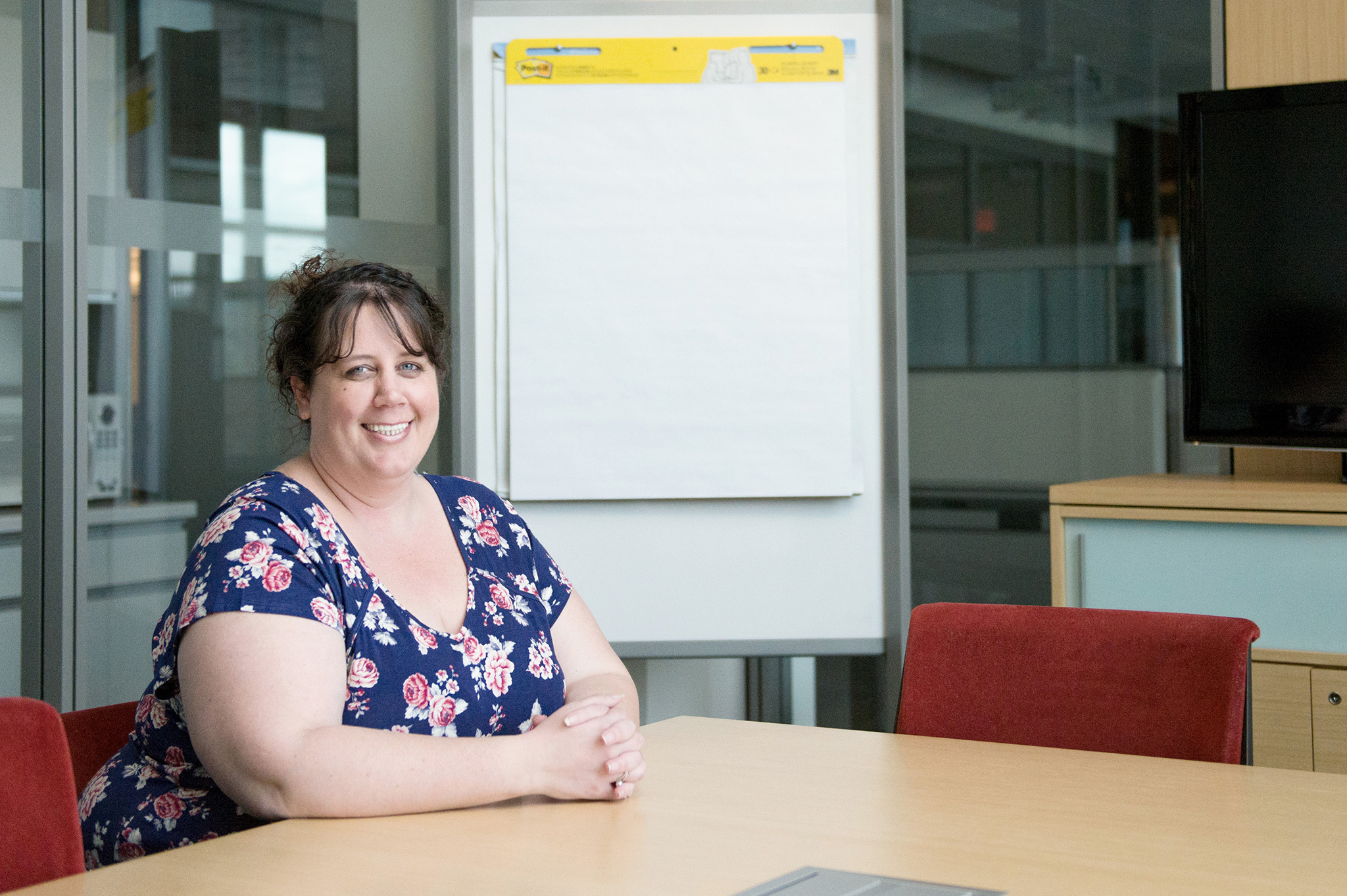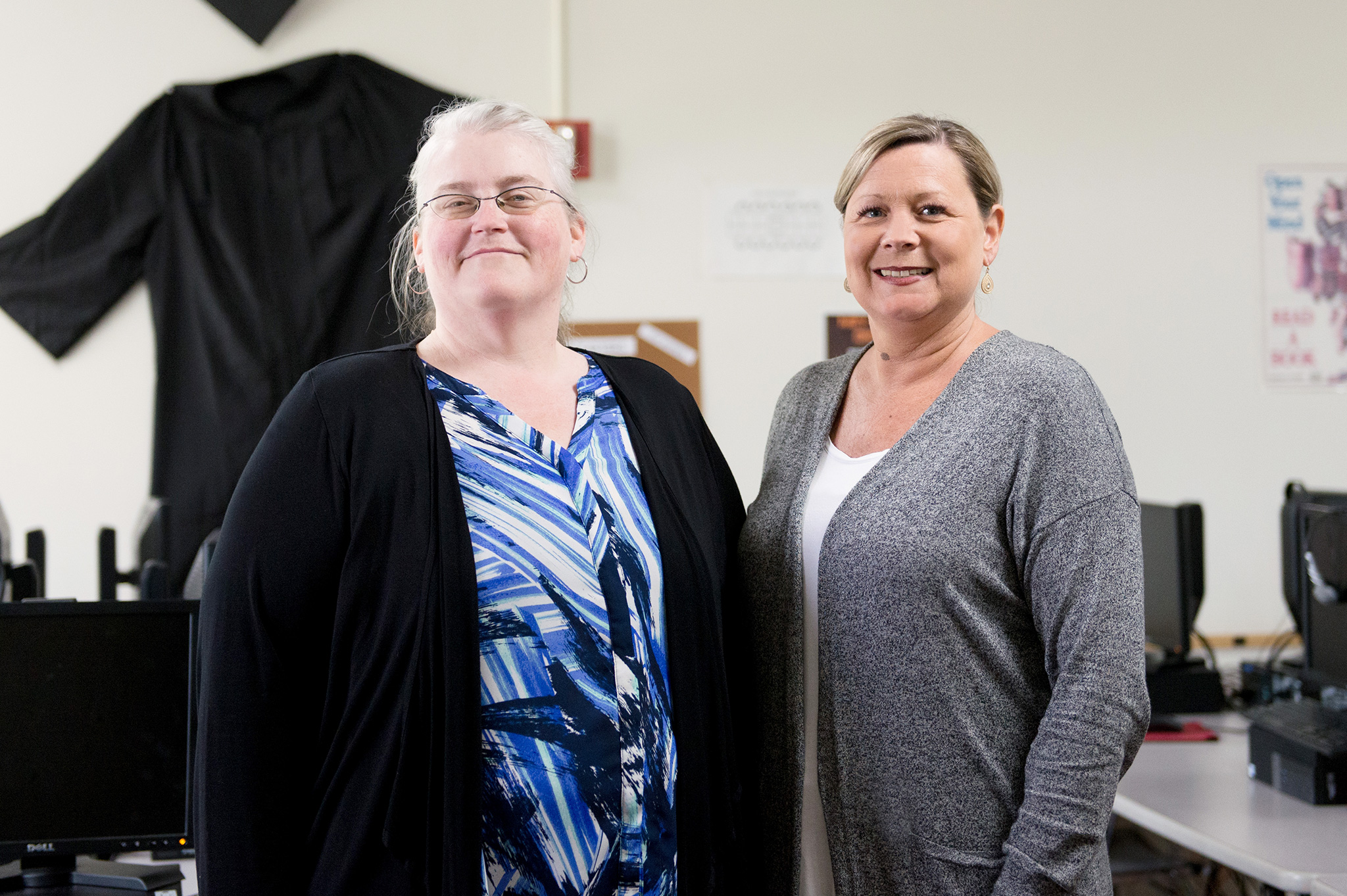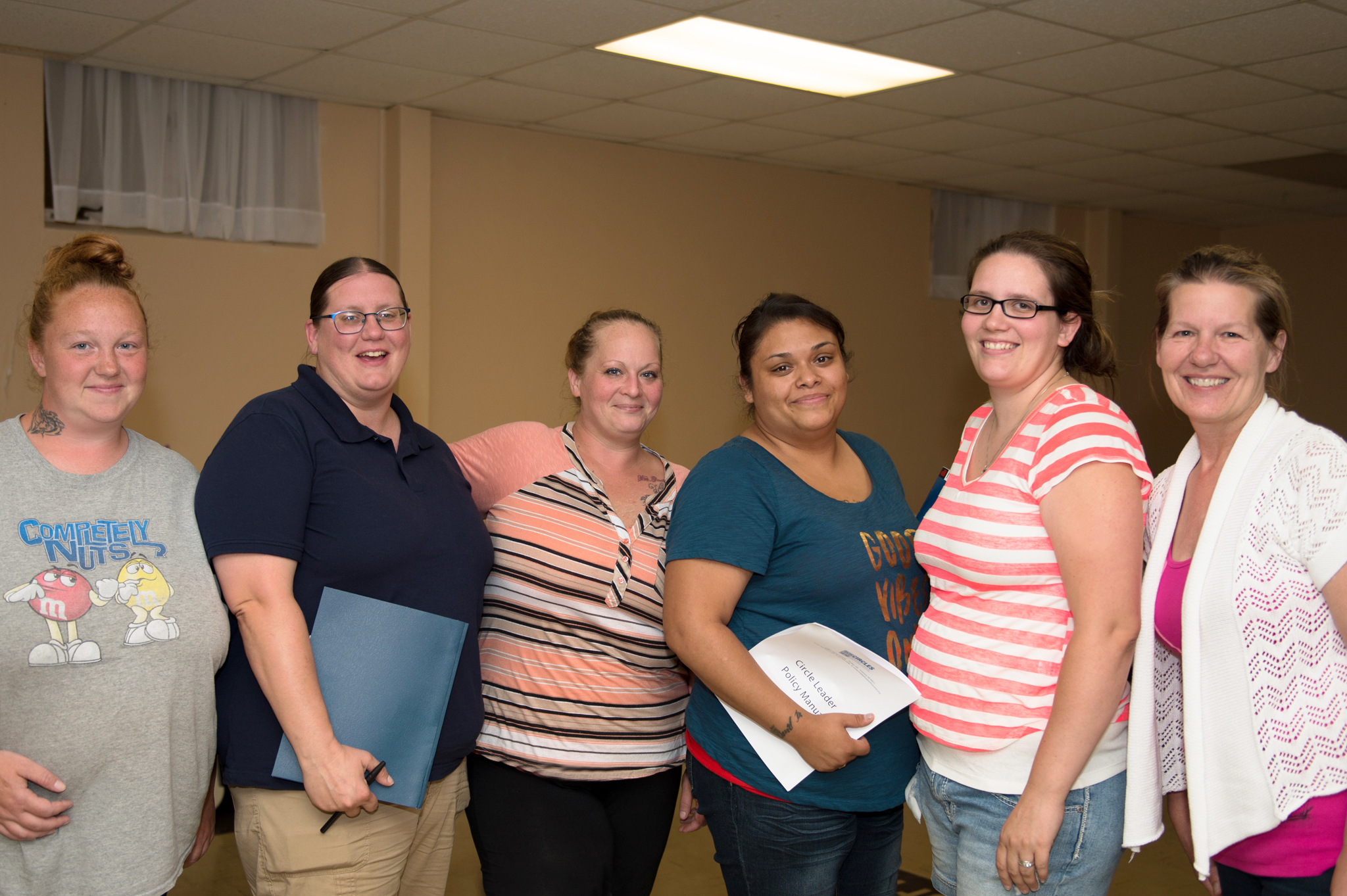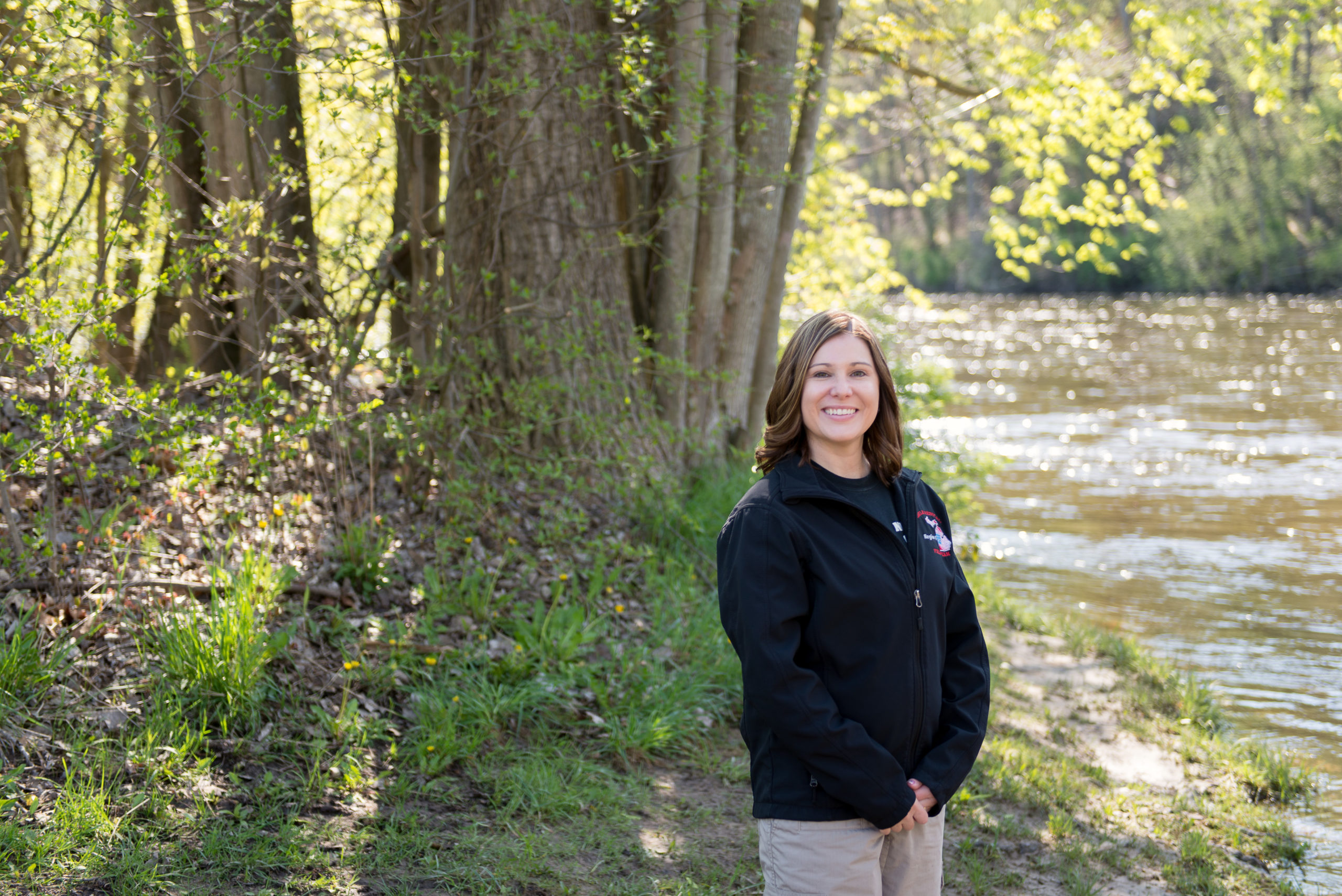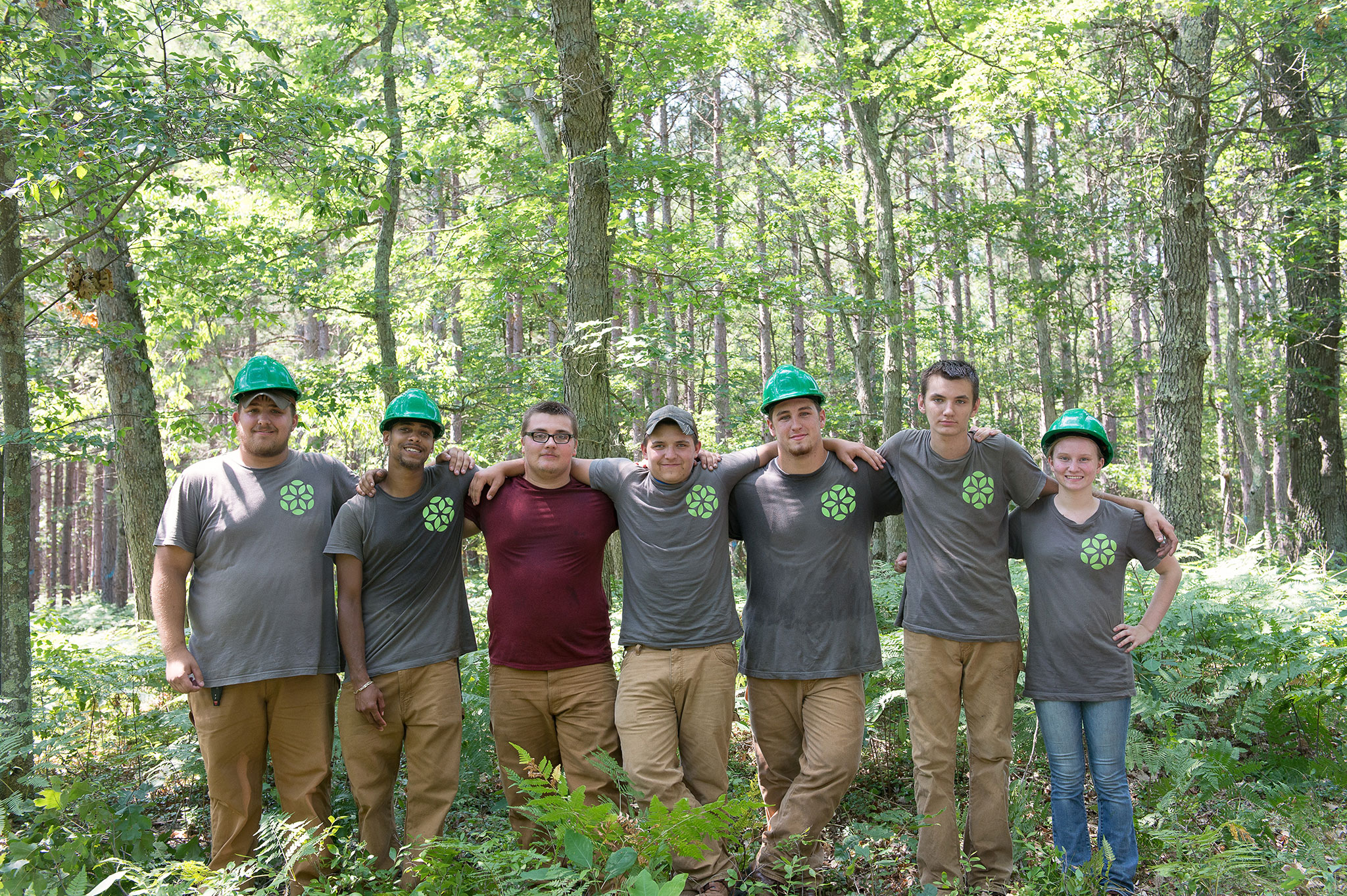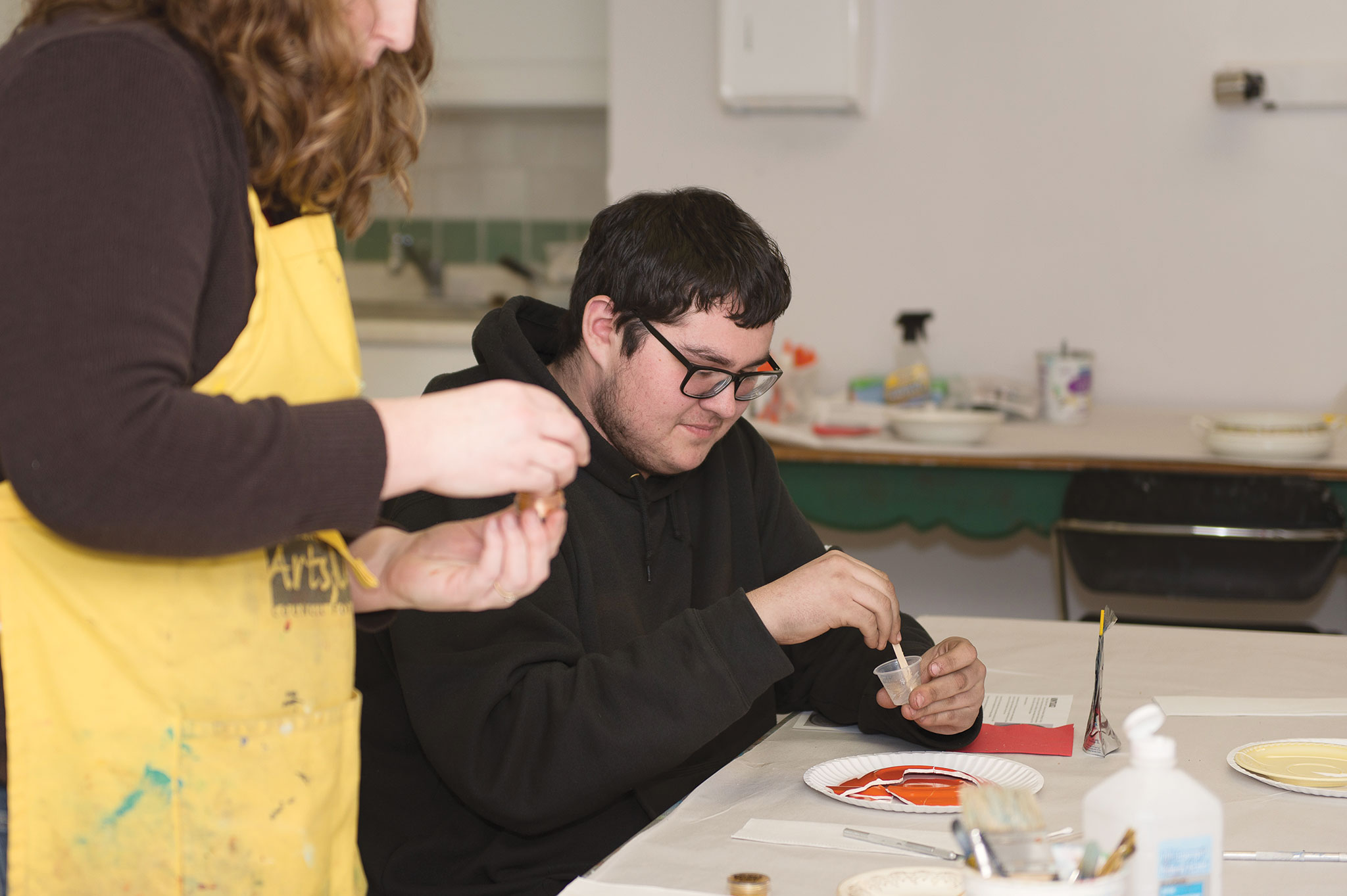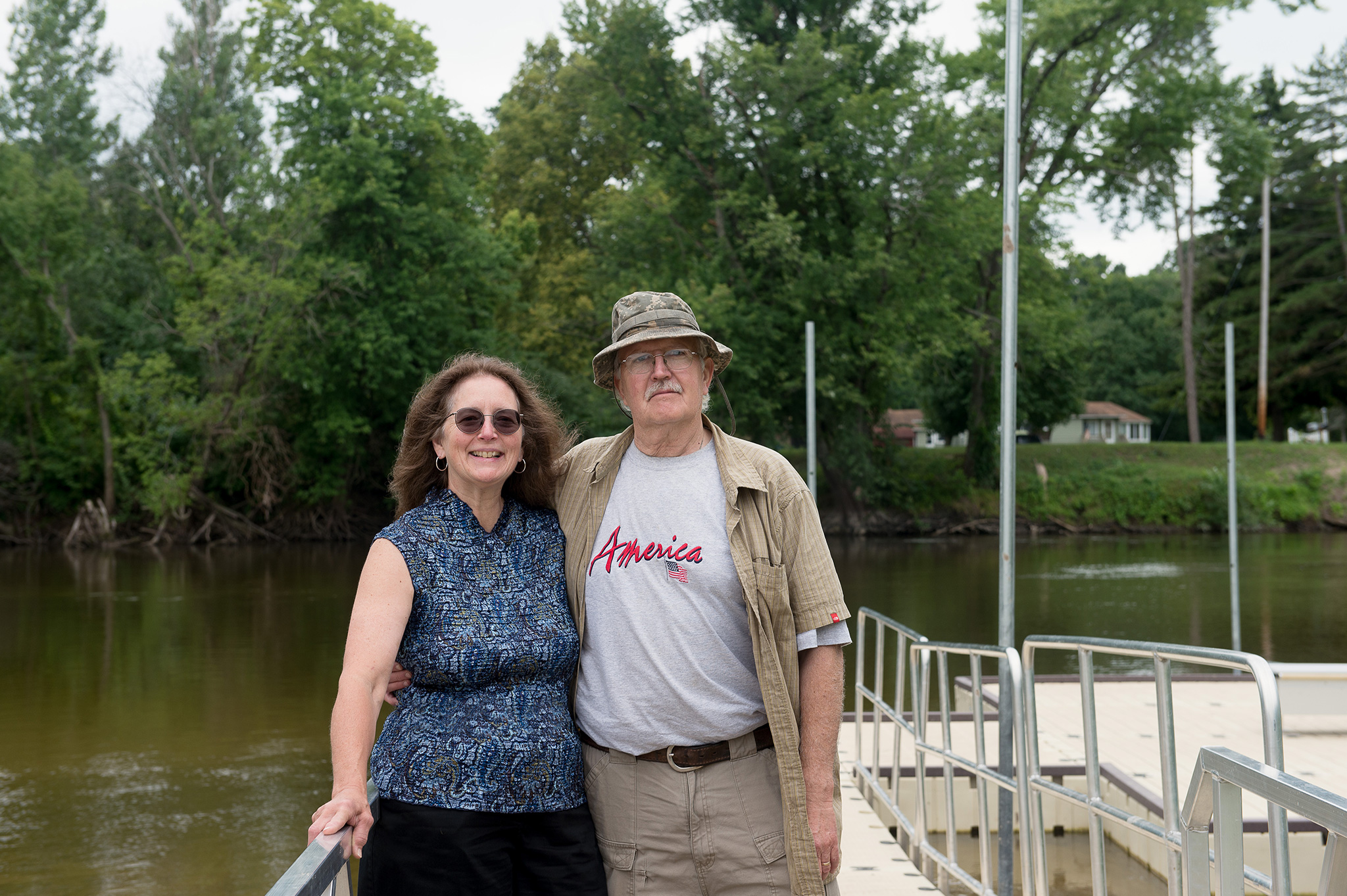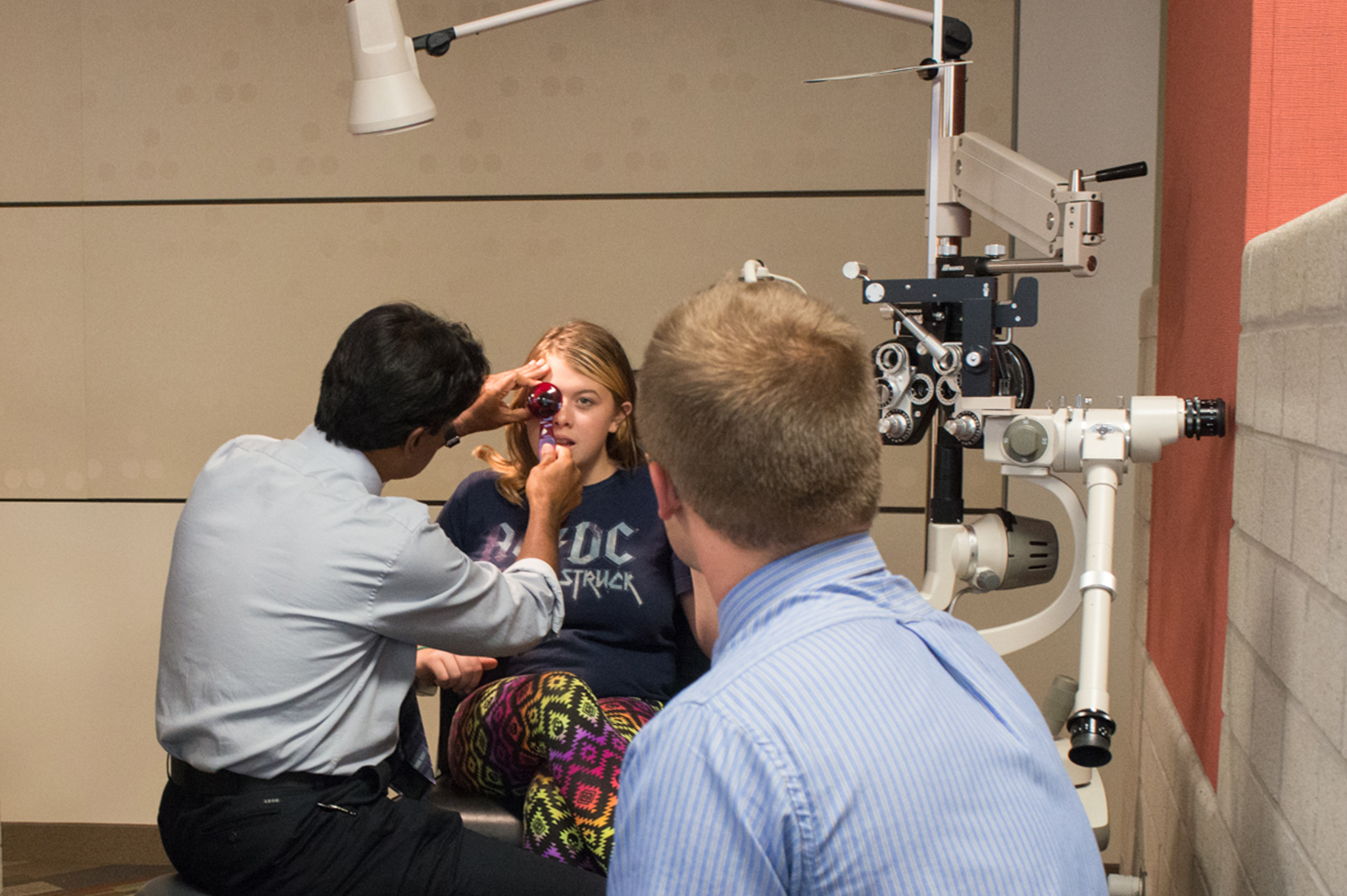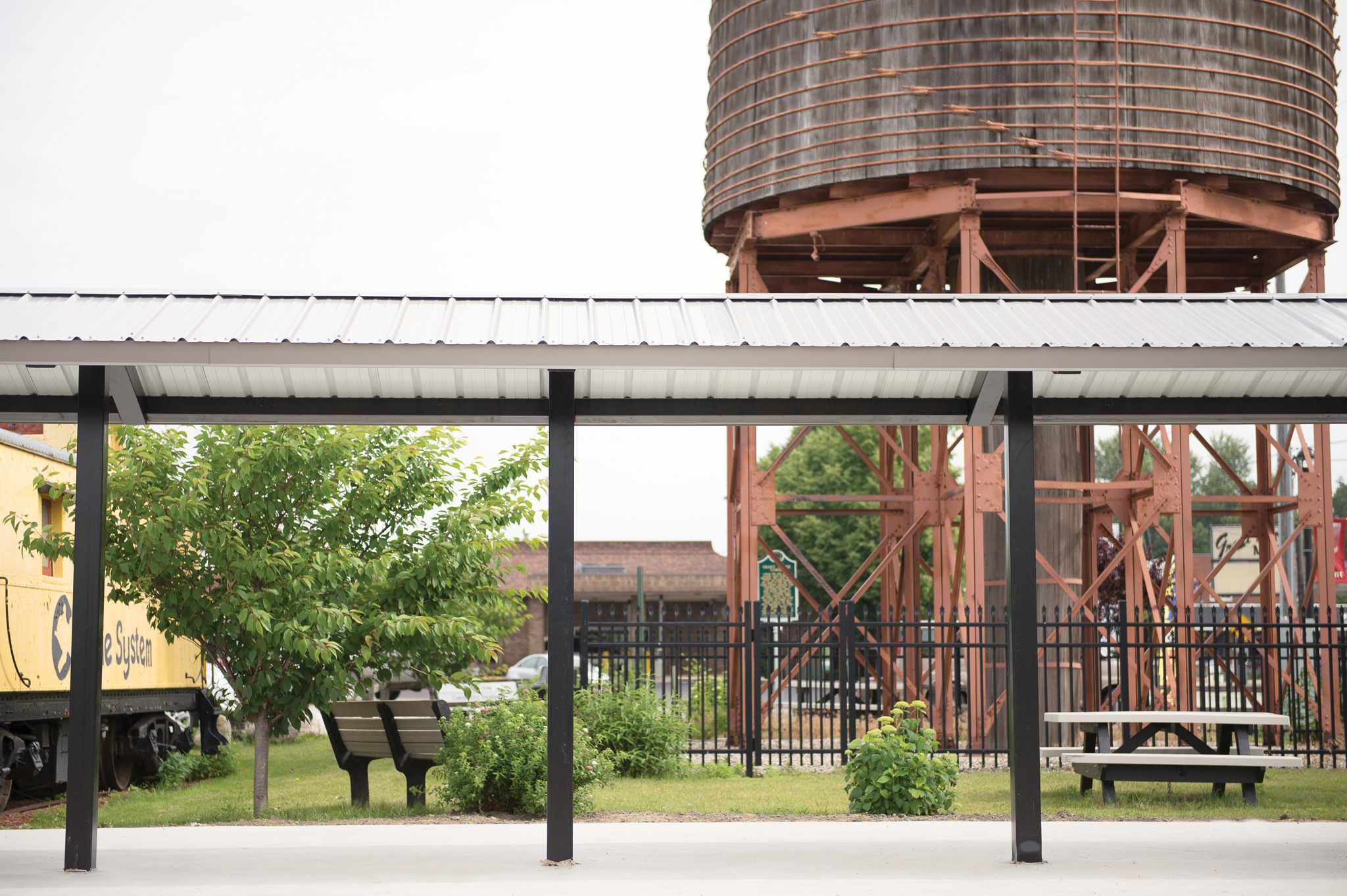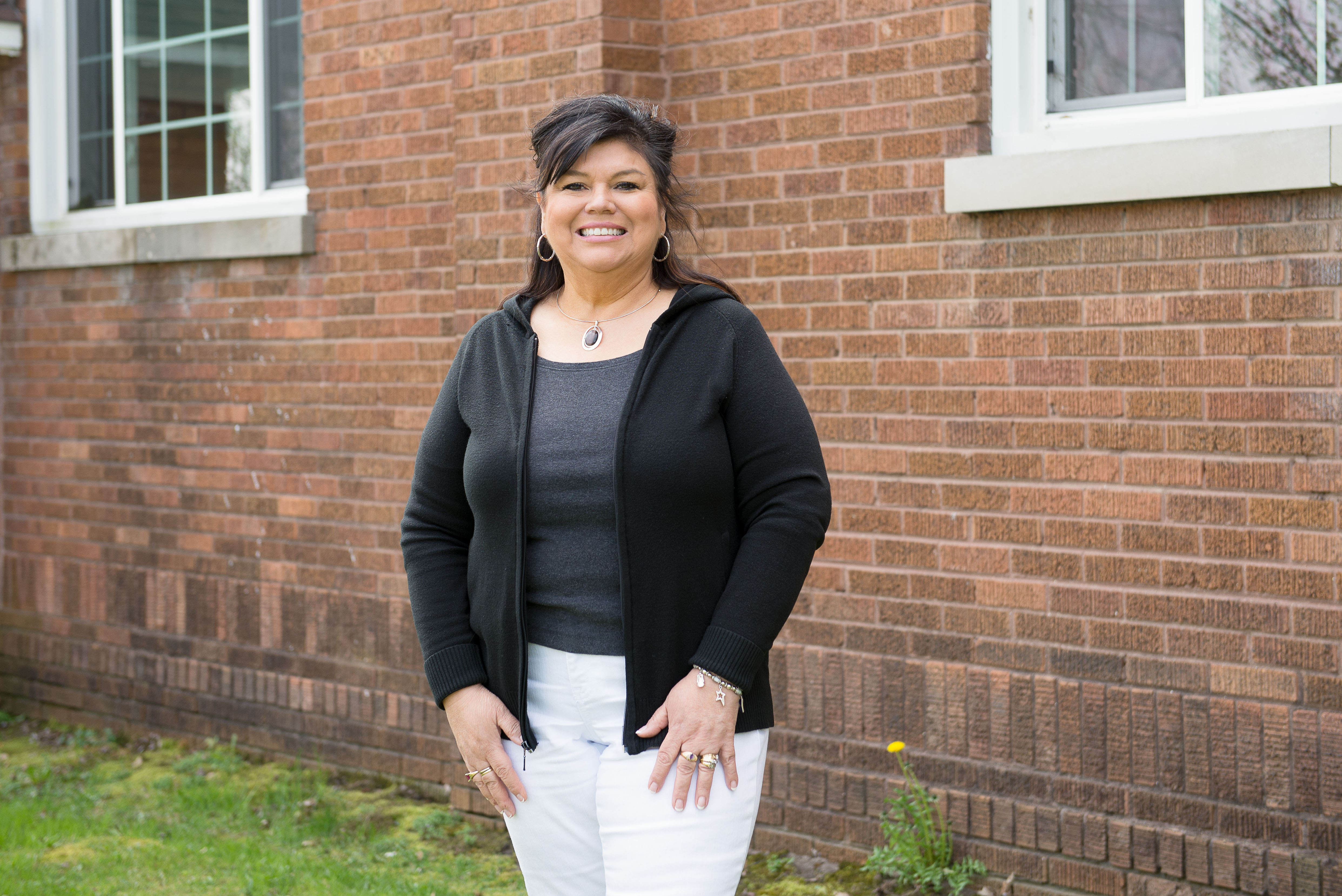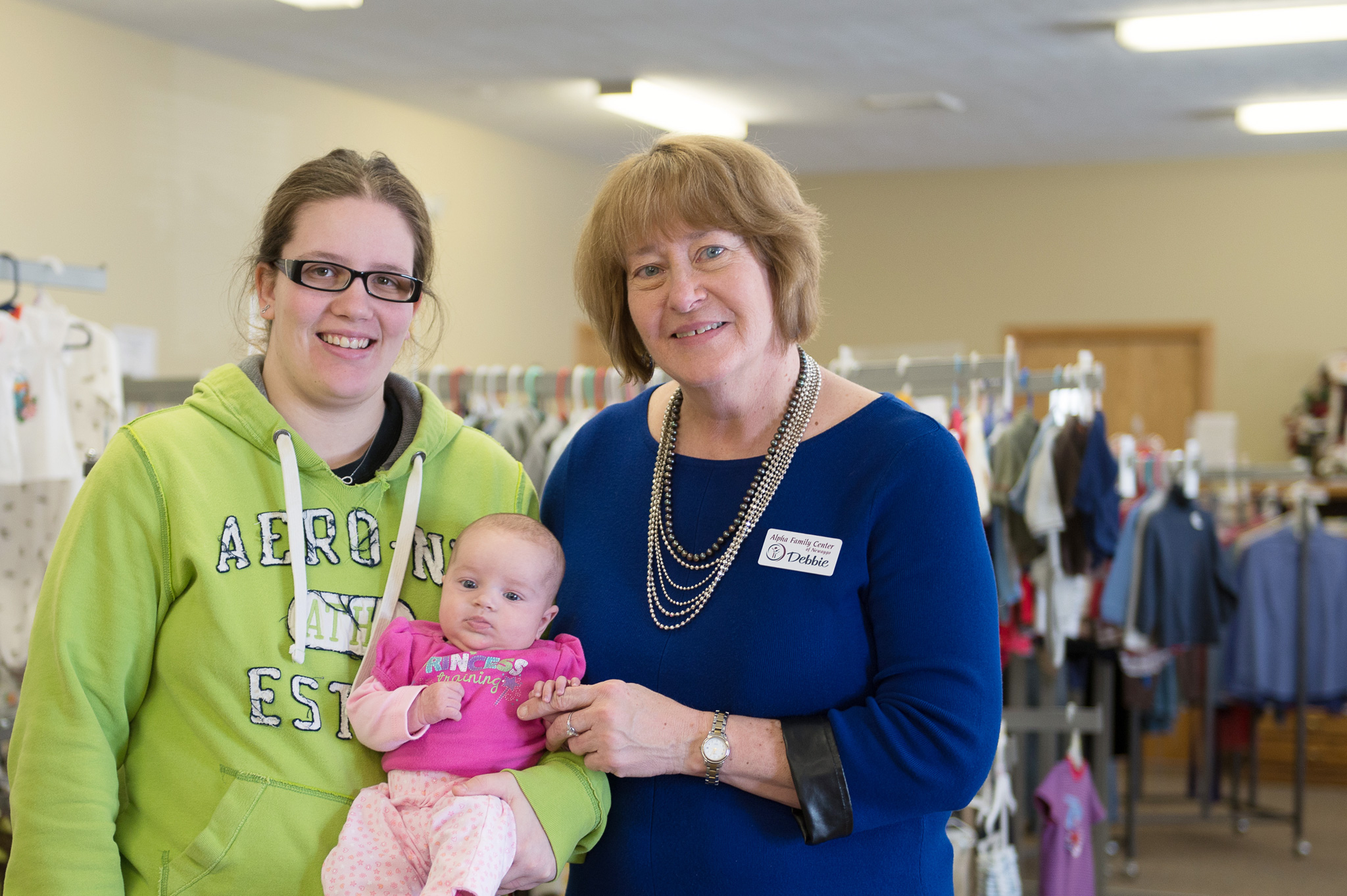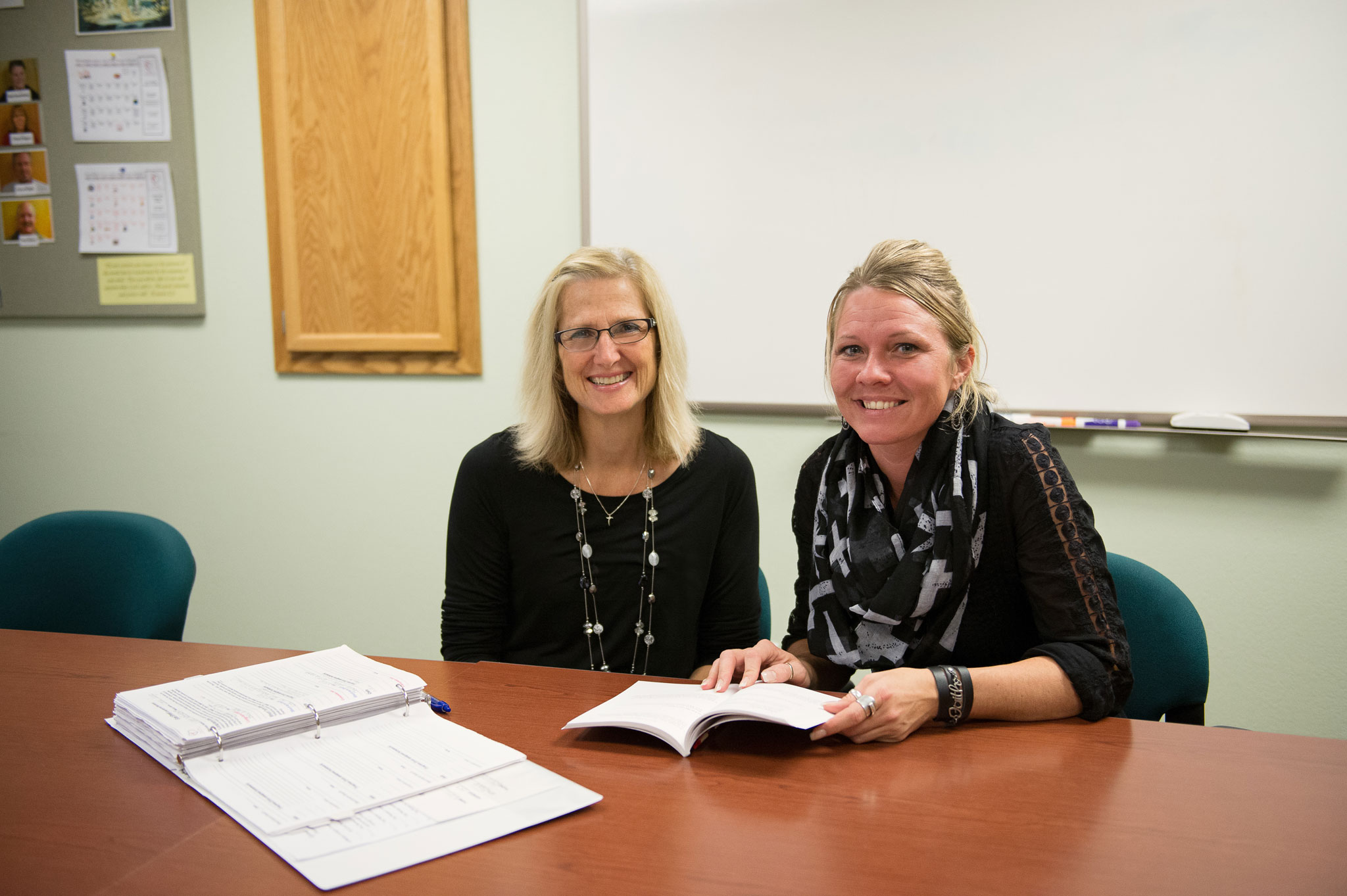Dawn Ausema was a stay-at-home mom to three very busy daughters for 13 years. “The whole 13 years I was looking for work from home,” said Dawn. “And I couldn’t find a thing.”
She eventually took a job in Sparta, but the hours and commute made it hard to keep up with the girls. “I wasn’t around,” she said. “My husband works 14-hour days but he had to do all the running with the kids because I wasn’t there.”
Then Dawn saw an ad for Digital Works, a training program based at The Stream in Newaygo that prepares people for customer service jobs they can do remotely. She was hired by a company shortly after finishing and was promoted to team lead a few months later. She now works from home, sets her own schedule, and can be more involved with her family.
“Without this program, I don’t know if I would have ever been able to work from home,” said Dawn. “And that’s all I wanted for years.”
—
In addition to training people like Dawn for customer service jobs they can do from home, Digital Works also provides help creating resumes, preparing for interviews, and searching for jobs. The Community Foundation awarded a grant of up to $300,400 over two years to support the program.

